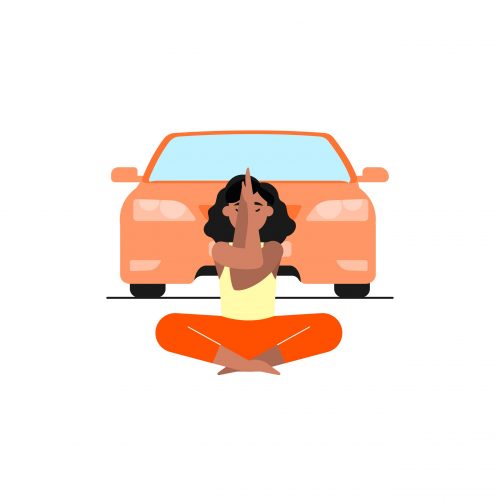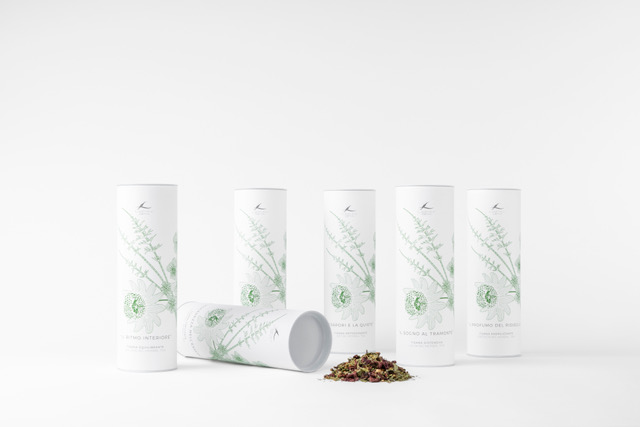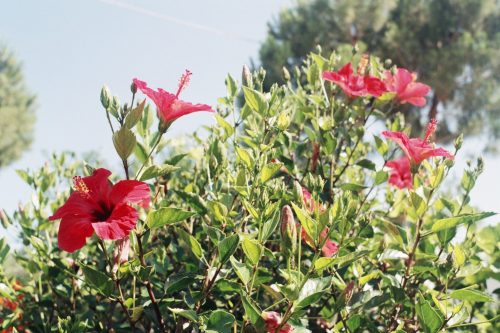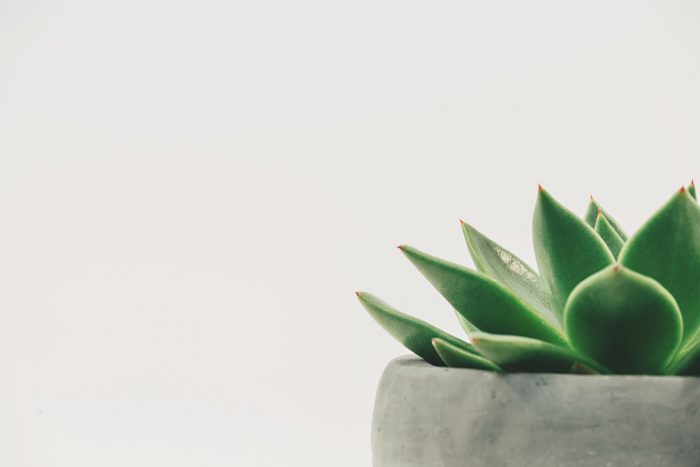Air Pollution
In many areas of the world, concentrations of ambient air pollutants exceed levels associated with increased risk of acute and chronic health problems. Guarding against pollution is vital. The air is full of particulate matter (PM); chemicals, soil, smoke, dust and allergens, many of which are invisible to the naked eye.
The quantity of PM increases and creates hazy smog which is commonly found surrounding large cities, especially in the summer months. Major components of this smog include sulphates, nitrates, ammonia, black carbon, and mineral dust. These contribute to respiratory problems ranging from temporary discomfort to long-lasting, permanent lung damage. This makes guarding against pollution essential to health.
The World Health Organisation(WHO) provides evidence of links between exposure to air pollution and increased risks of health conditions. These include type 2 diabetes, obesity, systemic inflammation, Alzheimer’s disease and dementia. The International Agency for Research on Cancer has classified air pollution, in particular PM, as a leading cause of cancer.
With so much attention on our health and ways to strengthen our immunity, Dr. Tal Friedman, Head of Naturopathic and Research & Development Specialist at leading international health resort, Chiva-Som, highlights the importance on the dangers of air pollution. He shares his advice to reduce exposure to these contaminants within the household and therefore guarding against pollution.
Air Filters
Indoor air filtration can be provided by the home’s heating, ventilation, air conditioning system, portable room air cleaners, or a combination of these. Keep air filters clean and replace. Ensure filters are the best quality.
Clean regularly
Vacuum and clean to remove dust often, especially if your neighbourhood air is very polluted and you have young children, older folks or those with medical conditions. Much of this dust is brought in from the outdoors and then recirculates inside your home. Cleaning inside can improve indoor air quality.’
Invest in indoor plants
Studies show that plants with leaves having rough surfaces collect and accumulate greater amounts of PM. Plants good for household health include Money Plant, Devil’s Vine and Devils Ivy with at the ability of plants to accumulate PM.
Avoid strong fragrance
Avoid fragranced products like air fresheners and laundry detergents. These contain volatile organic compounds (VOCs) which can irritate the eyes, nose, throat and lungs. VOCs are also more commonly found indoors than outdoors. When outdoor air quality is poor it would be wise to limit exposure to VOCs when indoors.
Eat more broccoli
Eating broccoli can help your body fight inflammation and expel pollutants.
In one study, researchers randomly assigned people to drink a broccoli sprout drink or a placebo drink in an industrial part of rural Qidong China. Qidong residents breathe high levels of pollutants like benzene. After drinking the broccoli sprout drink, people passed significantly more benzene out through their urine.
In another study researchers randomly assigned smokers to eat a portion (250g) of steamed broccoli or a placebo diet for 10 days. On the days when they ate broccoli, the smokers had significantly lower levels inflammation markers in their blood. That inflammation is triggered by air pollution.
Chiva-Som, located in Hua Hin in Thailand is a leading medical spa resort offering treatments to enhance breathing and cardiovascular system. Chiva-Som has been a pioneer in transformative wellness practices to global acclaim. Its commitment to an innovative, holistic approach which expertly balances mind, body and spirit, continues to this day with its flagship resort in Hua Hin, Thailand.





